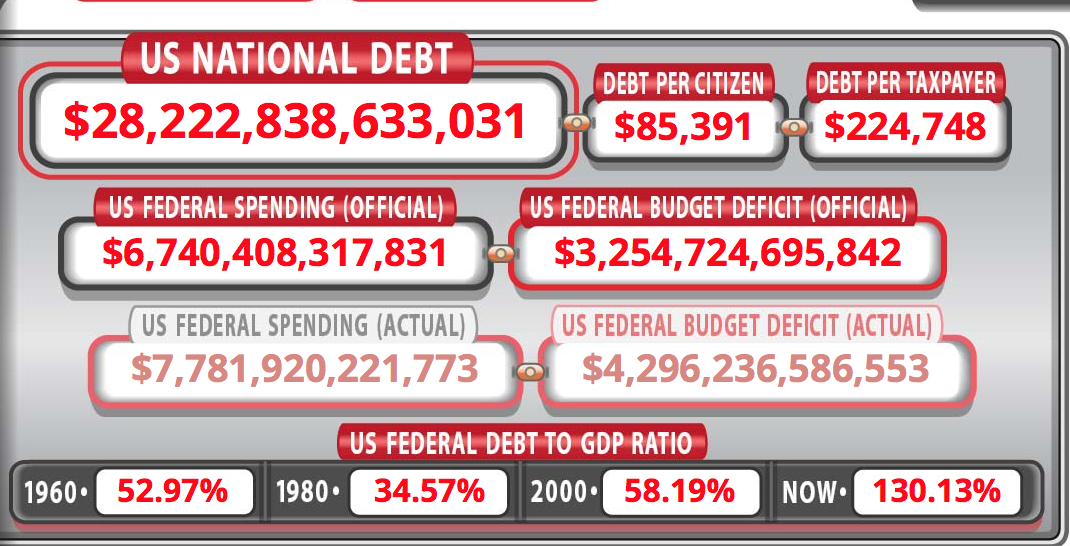I suppose we should give the Biden White House credit for sticking to its talking points, even when the talking points defy logic. In an interview with Mike Allen for Axios on HBO, Chief of Staff Ron Klain claims the $2.3 trillion plan isn’t a big government plan. He’s a master at trying to reframe the interviewer’s question. Sorry, but it just doesn’t work. See for yourself.
Too bad the White House chooses to say that Republicans should salute and vote ‘yes’ on this behemoth spending plan. Time to pare it down and focus on infrastructure, not Leftist expansion of government. Where to start? Broadband access. This could generate the bipartisan support that Klain claims he wants. By expanding access to broadband, we open up opportunities far and wide for everyone to have a shot at connecting to all our world has to offer.
Here in North Carolina, we can step up and lead while the federal effort moves ahead. Locke researcher Jon Sanders recommends that state policymakers take three crucial steps. They’re technical as it relates to providers of the service, but they’re critical if we want our state to handle this quickly and efficiently.
- Cost Sharing. When a pole attachment necessitates purchasing and installing a replacement pole, pole owners should share in the cost by having the new attaching entity responsible for the remaining net book value of the pole being replaced, not the full cost of purchasing and installing the new pole. This change would lower project costs perhaps dramatically, serve the public interest to encourage rather than discourage broadband expansion to unserved and rural areas, and be more just and reasonable than giving a windfall to the pole owner at great expense to an attaching entity.
- Quick Decisions. Require the North Carolina Utilities Commission (NCUC) to expedite disputes concerning pole attachments. It is in the public interest to promote rapid expansion of broadband service into unserved and rural areas, which would include an accelerated resolution to pole attachment disputes.
- Consistent Formula. Have all utility pole owners adhere to the same FCC cable rate formula for pole attachments, regardless of whether they are regulated by Section 224 of the Communications Act. It would create a much more uniform, predictable, and certain cost environment for pole attachments and broadband expansion projects — a result that would help speed broadband expansion.
The benefit?
These proposals would result in lowering costs to broadband providers, which would make state, federal, and private investment efforts to expand rural broadband much more efficient and allow their reach to extend much further and reach many more households and businesses. In so doing, they would help North Carolina’s projects not only move to the front of the line in the national competition for broadband workers, capital, and investment, but they also would set up North Carolina as a national model for efficient and quick deployment of private and public resources used to support broadband infrastructure.
If we expect people to follow their dreams in a globally connected world, each of us must have the opportunity to access that world. That’s the first step to self-reliance and fulfillment. But before we can do that, we have to get beyond the talking point-culture that, unfortunately, the Biden White House continues to engage in.
By the way, as Klain claims $2.3 trillion isn’t a big government plan, take a look at where we stand as of last week.



